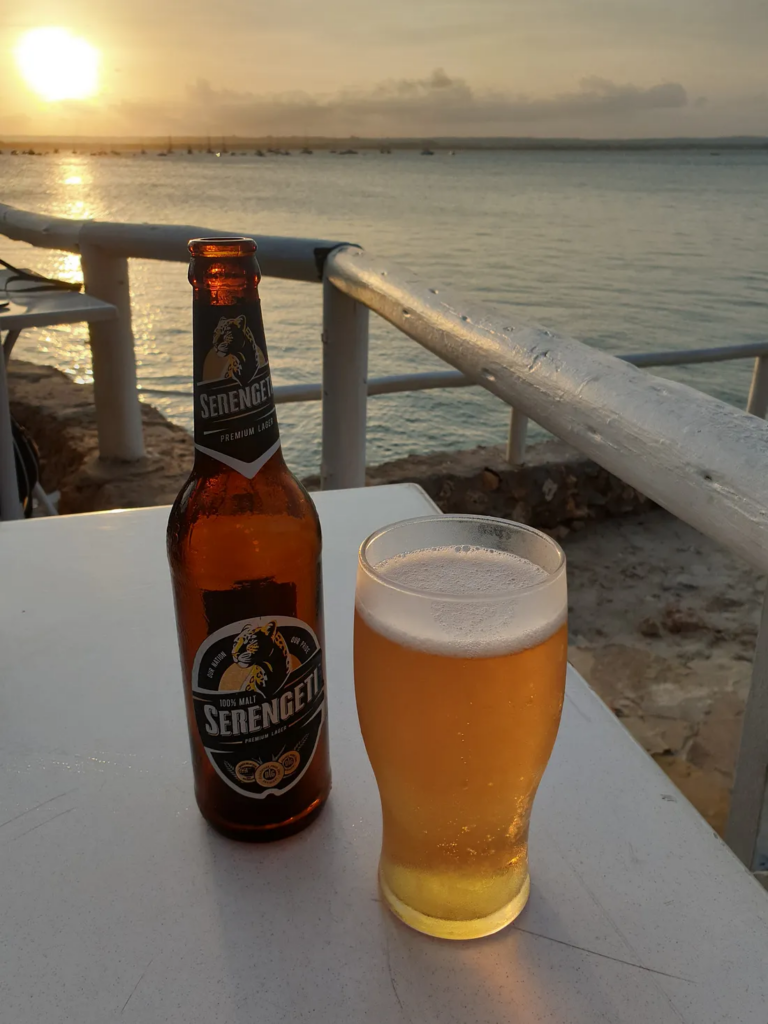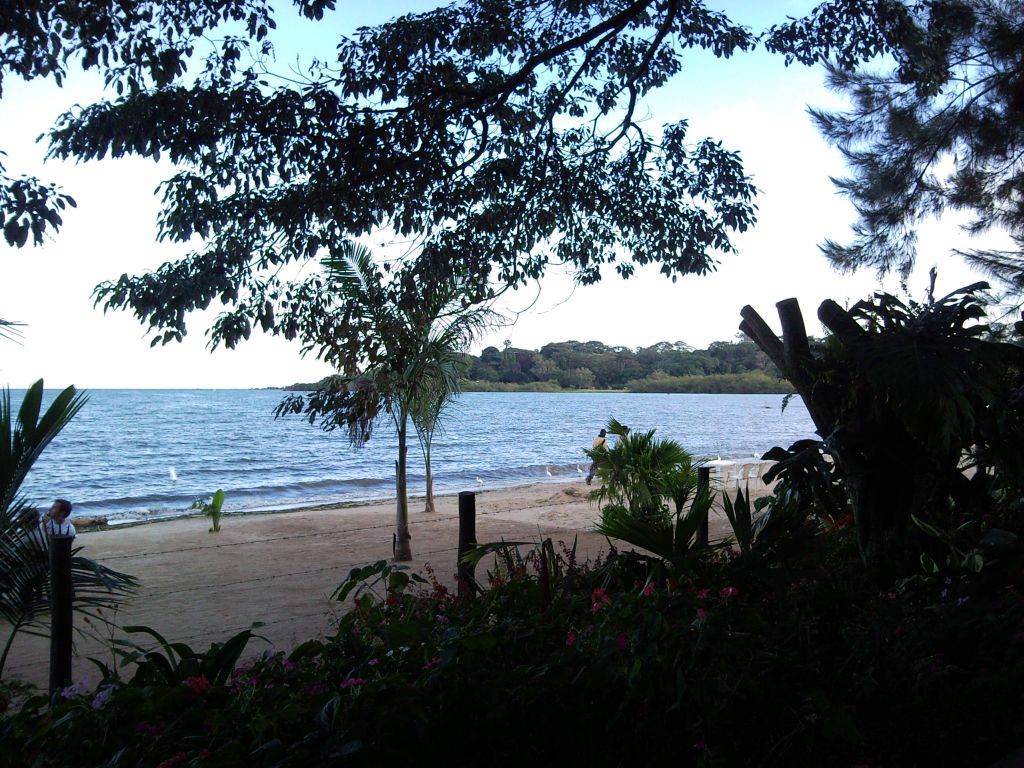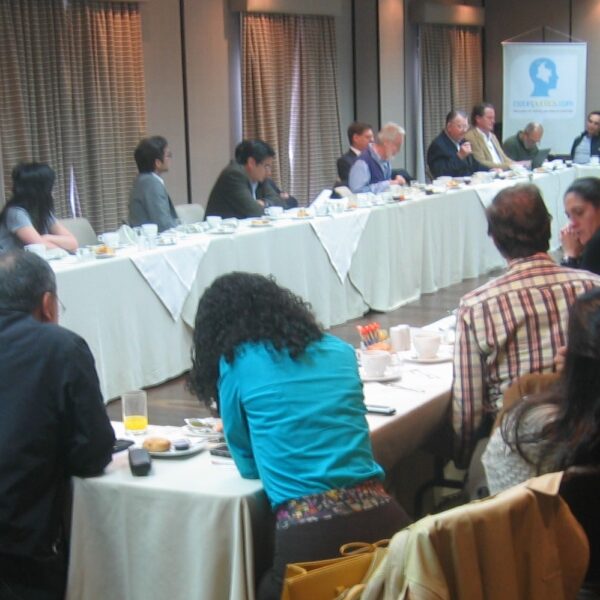A little peek at what makes me tick – an edited version of what I’ve earlier published elsewhere.
When I say to people that I am a geologist, they often picture someone down underground in a mine. Or possibly digging up old cities (sorry people, that’s an archeologist). Or walking through the bush in sweat-stained clothes and carrying a hammer. OK, that last bit was accurate.

The reality is that I spend almost all my time pounding on a keyboard these days, not on any rocks. Or working with people. I haven’t used a geopick for many years. Yes, my career did start in mineral exploration, back in the 80s, but now I have the dubious status of being a “consultant”. This is a human subspecies often described as someone who you pay handsomely to look at your own watch, to tell you what time it is.
When working on some donor-funded projects, contracts often refer to us as experts, which is a term I detest, because:
The word “expert” contains two parts: “Ex”, which means “has-been”, and “spurt”, which describes a drip under pressure. Then I’d rather be called a consultant.
For the past 18 years or so, I have been advising various governments and institutions on issues related to mining sector governance. Essentially how to take better care of the mineral resources in their countries, how to be more responsible and thorough in overseeing what mining companies do, designing and establishing governance systems, building capacity, and so on.

This doesn’t mean that I’ve been converted into a rabid anti-mining advocate. On the contrary, we all need mining to survive, even if we are going to get much better at recycling, which we certainly should!


Just in case you are remotely interested in how a brown rock becomes a sheet of red copper, and what is involved, I’ll write a little summary in layman’s terms, one day. The short version: It takes a tremendous amount of long-term investment, lots of technology, skill and effort.
****
Why do I do it?
The most obvious answer, whatever people may say, is that we all need to work so that we can eat. Yes, and even have a beer or two!
But I also want to do something that is useful and creates some value for the rest of humanity. I wouldn’t have been able to become a lawyer or an accountant or a doctor, something that humanity should be deeply grateful for!
For most of my working life, my jobs have required travel to lots of countries, using the experience gained in one place as background for the next job. What’s not to like?

But why work in mining sector governance, you may ask? Even if you’re not going to ask, I’ll tell you anyway:
Unless we all want to go back to living in caves, we should accept that our lives, our actual survival, require us to use the resources provided by this planet. (Actually, even when we were still hunter-gatherers in the stone age, living in those caves, we were already using flints mined from the earth…).
Reduce, re-use, recycle… and rethink?
Yes, we should recycle as much as possible, yes we should also re-use as much as possible, but the only way to really reduce our consumption of energy minerals and metals, would be to reduce the number of … us.
That’s not going to happen anytime soon.

So we need to continue mining, but we should do it as carefully, as responsibly as possible. Governments of countries where mines are located should at least have a grip on the process, should at least ensure minimal environmental harm, and maximal benefit for their citizens. Yes, companies must follow the rules, pay their royalties and taxes, etc. But governments need to know how to set the rules, how to monitor compliance.
Too often such compliance is left up to large multinational mining companies and their stock exchanges in Canada and the UK, etc. It is the mining companies’ legitimate role to carry out the mining process, many of whom do an excellent job at environmental management and making a positive social impact. Many such companies, through their Corporate Social Responsibility projects, are instrumental in building schools and clinics, fixing roads and bridges.
But mine managers were not elected to be leaders in remote parts of the world. That’s a job for governments, that’s why we have democracy. (Well, sort of, anyway.)
So in my work, I try to contribute to more effective governance processes. And it allows me to travel to fantastic places and taste the beers there!

I hope you’ve enjoyed this little peek into my professional life. More light-hearted than most of the content on my site, combining important aspects of my work, with having fun at the same time.
I hope that some of you were interested enough to read to the end.


